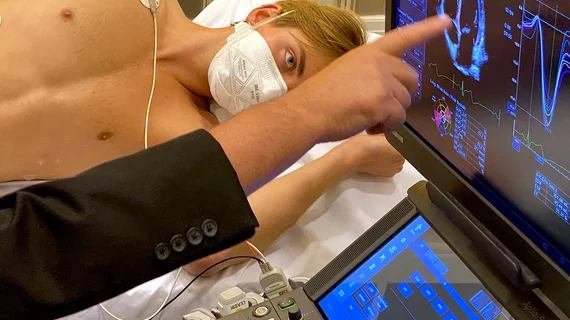Leading vendors unite to improve early detection of disease with endoscopic ultrasounds
Canon Medical Systems and Olympus have launched a new collaboration aimed at improving the development of endoscopic ultrasound systems and improving patient access to the technology. Each company has a role to play in the global push for adoption.
According to an announcement, Canon Medical will lead the development and manufacturing of diagnostic endoscopic ultrasounds, while Olympus will handle the sales and marketing for a worldwide expansion starting in Japan and Europe.
“We have a long history in diagnostic ultrasound systems and have developed unique technologies that contribute to the early detection of diseases in cooperation with doctors around the world,” Toshio Takiguchi, president and CEO of Canon Medical Systems, said in the statement. “We are very pleased to collaborate with Olympus, a leading endoscope manufacturer, in the endoscopic ultrasound field, which we have not been able to cover adequately until now, to deliver superior solutions to more patients.”
The companies said the primary goal of the collaboration is to improve the early detection of cancers and other diseases, with Canon emphasizing its proprietary technology that improves the quality of ultrasound scans and readings. Olympus also has a background in the design and development of endoscopic ultrasounds, meaning the partnership could lead to new techniques to improve the quality of images that ultimately lead to better outcomes for patients.

